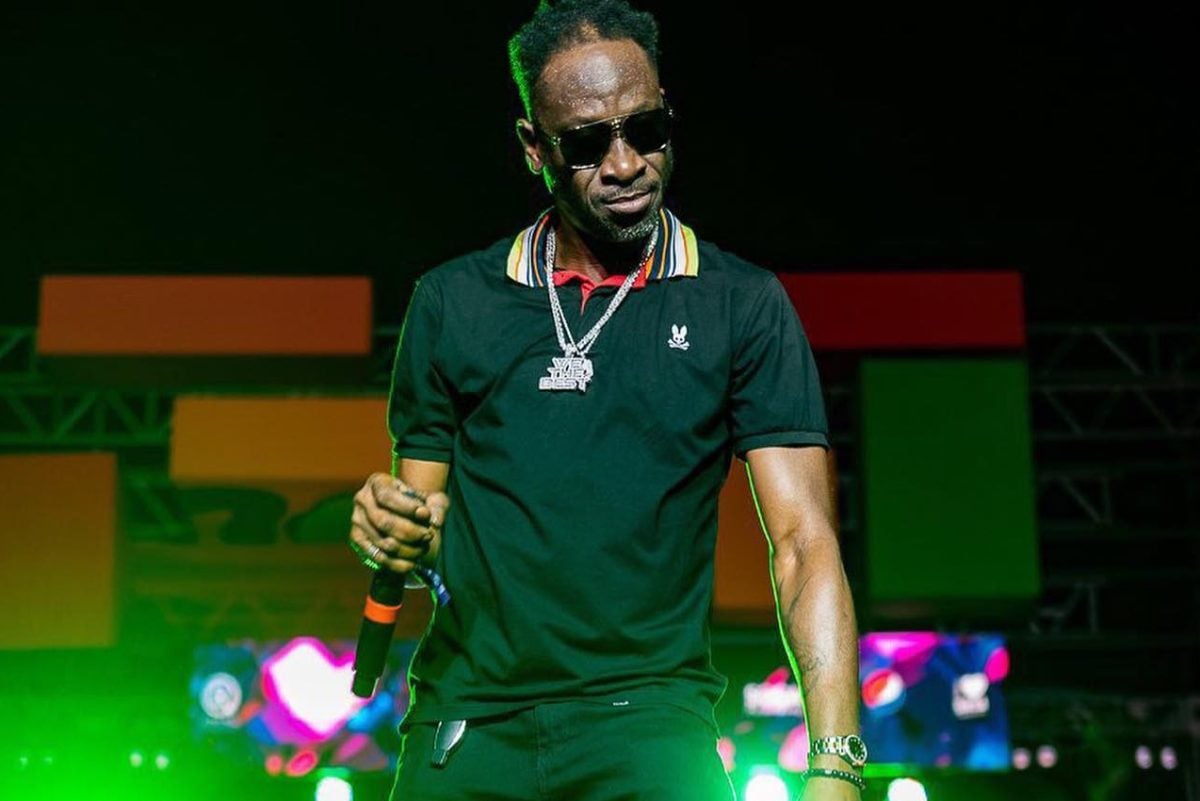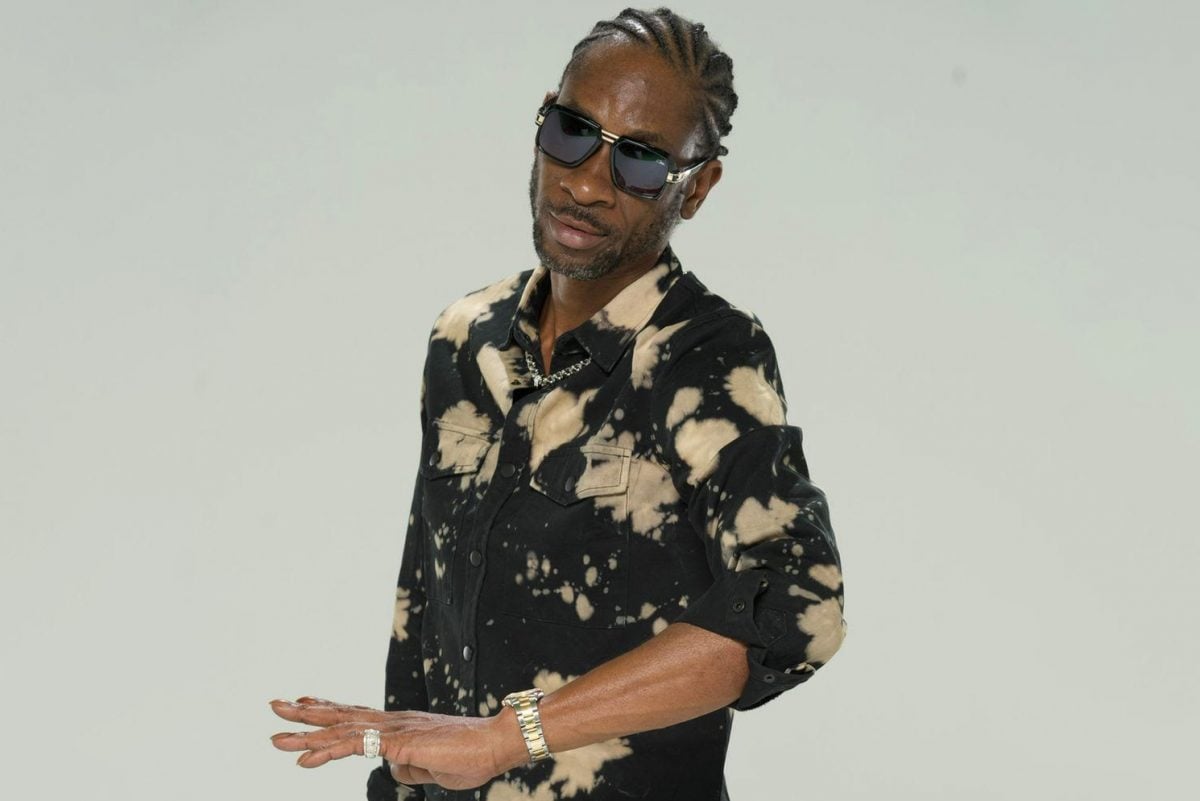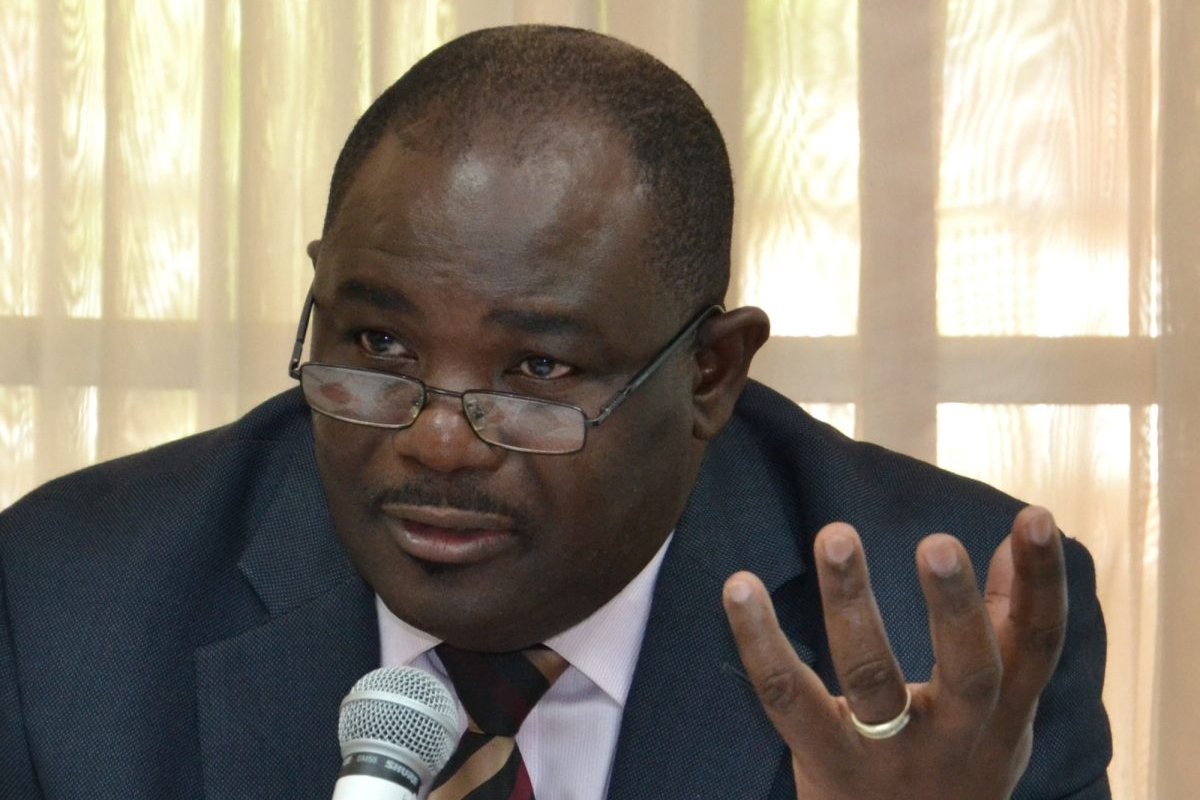Bounty Killer Agrees With BCJ Ban: “Not Every Song Was Made For Radio,” Including Some Of His Own

Pointing out that violent songs, including many of his own, ought not to be played on public radio, Bounty Killer came out in defense of the Broadcasting Commission of Jamaica’s recent directive, aimed at prohibiting wayward radio disc jockeys from continuing to break national broadcast rules.
According to Dancehall’s One General, disobedient radio disc jockeys are the ones bringing free-to-air radio in disrepute, as the artists themselves do not record morbid songs with the expectation that they will be played on public radio, as they do not meet the long-held family-friendly format, but rather, voice them for “the streets.”
“Radio has to be radio still, so I can’t disagree. I had songs been banned in the past when there wasn’t even no internet and it didn’t affect the songs it even made dem more in demand,” Bounty stated.
“But, it’s the disc jocks dem that loves to follow what’s playing in parties and the streets. Radio should stick to its format. Not every song was made for radio. Simple,” he added.
Bounty was at pains to point out those who did not comprehend the BCJ’s statements about songs unfit for airplay, that the directive had nothing to do with Jamaica’s anti-crime measures, as was being bandied about.

Instead, the Coppershot artist made it clear that the Commission was simply carrying out its mandate by reinforcing the fact that certain types of songs have never belonged on public radio, this after one commenter stated that “the real cause of crime is not the music” and that music was being scapegoated “because the government has know solution for how to fight the monster called crime”.
“The way we live amongst ourselves is much more of an influence than music, sports or fashion. Art imitates life so anything the music saying is what society doing right or wrong, like it or not. But the radio is being governed by a commission so that’s their rights to decides what plays or not but it has ntn to do with crime,” the Living Dangerously artist countered.
“Is corruption, injustice, prejudice, inequalities etc breeds crime; not music or any form of entertainment. Then I would surly become like Scar Face or Rambo in the early 90s. Radio can’t affect music certain again anymore so no sleeps lost here👌🏾,” Bounty Killer added.
A while later he declared: “… banning songs only hurt the fans who has no internet access today I could think bcuz how much percentage of fans had no internet access in this day and age… Not every song that’s good for radio is for the parties all the times it goes both ways”.
Last week, Cordell Green, the Executive Director of the Broadcasting Commission of Jamaica issued a stern rebuke to radio disc jockeys who expressed disapproval about the State agency’s directive prohibiting the airing of songs that promote/glorify violence, scamming, and use of the drug “Molly.”

Green had said that there has been a systemic violation of the rules by many disc jockeys employed by some radio stations, who push unwholesome music, while their artistes who record clean, wholesome content are brushed aside and ignored.
As for disc jockeys who expressed disagreement with the directive, Green said they should leave public radio, as their utterances objecting to the crackdown on the illicit activities, is proof that they ought not to be on public airwaves in the first place.
Last week Tuesday, 13 years after the BCJ ordered radio stations that were playing violent musical content, on the national airwaves to quit, the State had issued another similar directive, this time adding the prohibition of the party drug molly, and lotto scamming to the mix.
The directive which came under the signature of Green, was similar to one issued in February 2009 by then BCJ chairman Dr Hopeton Dunn, prohibiting the “transmission of any recording, live song or music which promotes or glorifies any offence such as murder, rape mob violence and other offences such as arson”.
Green, in his directive had stated that the “airwaves have to be kept free of harmful content given the important role traditional media still plays as agents of socialisation” and “that the use of the public airwaves to broadcast songs that promote/glorify illegal activity could give the wrong impression that criminality is an accepted feature of Jamaican culture and society.”
